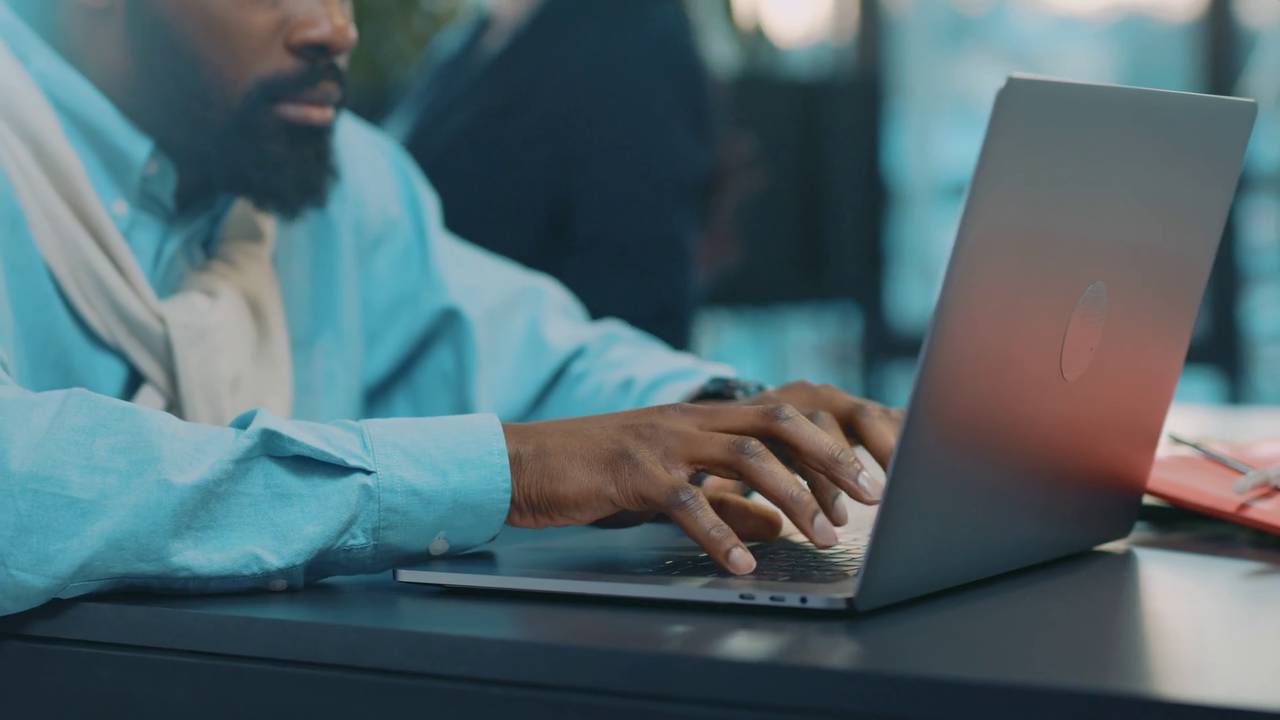Are you planning an event and want to invite an elected official but don’t know where to start? A well-crafted invitation letter can make all the difference. In this article, we will provide you with examples and tips on how to write a sample invitation letter to an elected official that will get noticed.
A sample invitation letter is a formal or informal letter that is sent to an individual or organization to invite them to an event. An elected official is a public figure who has been elected to hold a public office. Examples of elected officials include mayors, governors, senators, and members of Congress. An invitation letter to an elected official is a way to request their presence at your event and show respect for their position and responsibilities.
Our examples are meant to provide guidance and inspiration for your own invitation letter. You can edit them as needed to fit your specific event and audience.
Tips
Start with a Clear and Concise Title
The title of your invitation letter should clearly state your purpose and grab the attention of the reader. A good title can make all the difference in whether or not your letter gets read.
Some examples of titles include:
- Invitation to Meet Local Officials
- Invitation to Attend Community Forum
- Invitation to Participate in Town Hall Meeting
- Invitation to Attend Charity Event
- Invitation to Participate in Voter Registration Drive
- Invitation to Attend Environmental Rally
- Invitation to Speak at Women’s Conference
Write a Compelling Letter Body
The body of your invitation letter should provide all the essential details about your event, including the date, time, location, and purpose. It should also be clear about what you are asking of the elected official, whether it be attendance, speaking, or simply support for your cause.
Consider these tips when writing your letter body:
- Be concise and to the point
- Highlight the benefits of attending your event
- Show that you are aware of the official’s background and accomplishments
- Include any relevant statistics or data
- Mention any special guests or key speakers
- Make it clear that their presence is important and valued
Use a Professional Greeting and Complimentary Close
The greeting and complimentary close of your invitation letter should be professional and respectful, while still conveying your enthusiasm and appreciation for their consideration. Consider using these phrases:
- Greeting: Dear [Title] [LastName], Honorable [Title] [LastName], Esteemed [Title] [LastName],
- Complimentary Close: Sincerely, Respectfully, Best regards,
Example Invitation Letters
Invitation to Participate in Education Forum
Dear Senator [LastName],
We are writing to invite you to participate in our upcoming Education Forum which will take place on [date] at [time] at [location]. The focus of this forum is to discuss pressing issues in education and to explore innovative solutions.
Your knowledge and experience in the field of education would make a valuable contribution to the discussion. Your presence would be highly appreciated and we hope that you will be able to join us.
Thank you for your time and consideration. We look forward to hearing from you soon.
Sincerely,
[Your Name]
Invitation to Attend Charity Event
Honorable Mayor [LastName],
We would like to invite you to attend our Annual Charity Event on [date] at [time] at [location]. This year, our event will benefit [cause] and we would be honored to have your presence as we work towards making a positive impact in our community.
Your support is important to us and we believe that your attendance would help bring more awareness to our cause. We hope that you will be able to join us and be a part of this meaningful event.
Thank you for your consideration and we look forward to hearing from you.
Respectfully yours,
[Your Name]
Frequently Asked Questions
How far in advance should I send an invitation letter to an elected official?
We recommend sending your invitation letter at least six weeks in advance of your event. This will give the elected official ample time to review your request and make a decision. However, if your event is time-sensitive, it may be appropriate to send the letter with a shorter notice period.
What should I do if I don’t receive a response to my invitation letter?
If you don’t receive a response to your invitation letter within a reasonable amount of time, you may want to follow up with a phone call or email. Be polite and professional in your communication, and don’t hesitate to ask for a response or clarification.
Should I send a follow-up letter after the event?
Yes, it is a good idea to send a follow-up letter to thank the elected official for attending your event. This is also an opportunity to provide any additional information or ask for their continued support.
What if the elected official declines my invitation?
It is possible that the elected official may not be able to attend your event for various reasons. In this case, you may want to consider inviting another official or public figure who shares your cause or values.
What should I do if the elected official requests additional information?
If the elected official requests additional information about your event, be sure to provide it promptly and professionally. This is an opportunity to showcase your event and demonstrate your commitment to your cause.
Should I send a copy of the invitation letter to anyone else?
If your event is open to the public or involves multiple stakeholders, it may be appropriate to send a copy of the invitation letter to other relevant individuals or organizations. This will help spread the word and show that you are making a concerted effort to engage with the community.
Conclusion
An invitation letter to an elected official is an important step in planning a successful event. By following these tips and using our examples, you can craft a compelling letter that will get noticed and show your appreciation for the official’s time and consideration.
